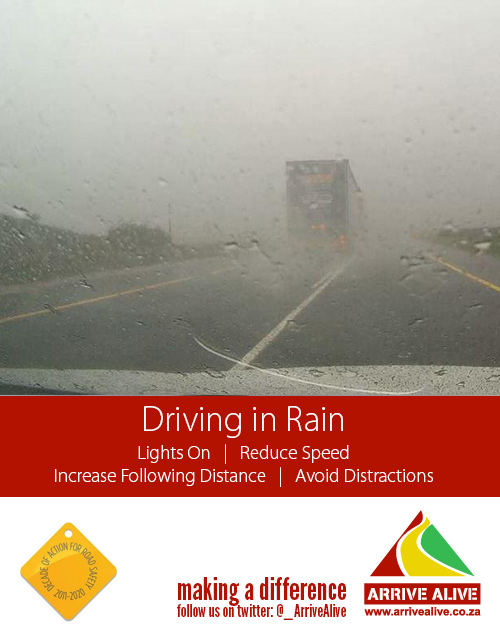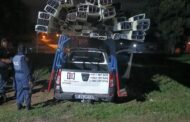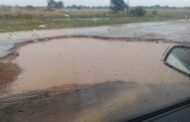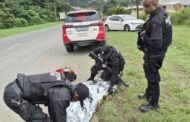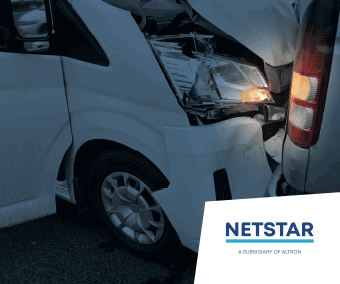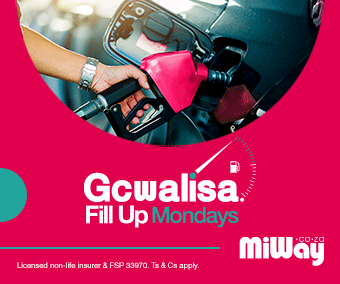Once you get caught on the road in bad weather conditions it is important to follow the following safe driving techniques:
-Make sure your headlights are on -Be Visible Be Seen!
-Obey all road and traffic signs- Safety authorities post this information with good reason.
-Be alert and drive defensively.
-Be prepared for the road conditions to change over relatively short distances.
-Allow yourself enough time and space to react to a sudden emergency and move from harm’s way or to come to a stop safely.
-Increase your following distance – Remain well behind the road user in front as stopping distances can be ten times greater than on dry roads.
-Slow down. Braking takes longer on slippery roads – the slower you go, the easier it will be for you to maintain control and stop your vehicle.
-Don’t slow down so much that you become a risk to other drivers – Rather move off the road surface than getting to a complete stall in areas of poor visibility.
-Be aware that in reduced visibility conditions, drivers tend to follow the tail lights of vehicles in front of them.
-Use special caution near intersections. Never assume that because you have the green light or the right of way that the intersection will be clear – always scan ahead to spot potential hazards.
-Avoid unnecessary lane changes – Stay in one lane as much as possible
-Keep two hands firmly on the wheel and two eyes on the road at all times.
-Remain alert by continuously scanning the whole area.
-Drive extremely carefully when the roads are icy. Avoid sudden actions as these could cause loss of control.
-Accelerate and brake very gently – Drive particularly slowly on bends where loss of control is more likely.
-Brake progressively on the straight before you reach a bend. Having slowed down, steer smoothly round the bend, avoiding sudden actions.
-Be careful near elevated structures, such as bridges and highway overpasses, as they usually freeze first.
-If you get stuck in a bad storm or blizzard and you can’t see a close place to seek assistance, stay put! It’s easy to get confused in a bad storm, and you may get lost.
-Stay in the car and turn on the emergency flashers until the conditions improve or help arrives.
-If you get stuck – avoid carbon monoxide poisoning by keeping the exhaust pipe clear of snow, and open a downwind window slightly for ventilation.
-When you encounter problems when driving in extreme heat -do not attempt to remove the radiator cap when your car is hot, and do not pour water over a hot radiator or engine. You must wait a sufficient amount of time until your engine cools.
-Never leave a child or pet in a parked car in extremely warm weather.
Most importantly, stay safe !!!
We love the Rain but Please Stay Safe!! Advice for Safe Driving in Bad Weather! https://t.co/GAqBfGxHmv #ArriveAlive @ReenvalSA @peoples_weather @SAWeatherServic pic.twitter.com/PVwwmrNw2l
– Arrive Alive (@_ArriveAlive) April 14, 2020
Also view:


